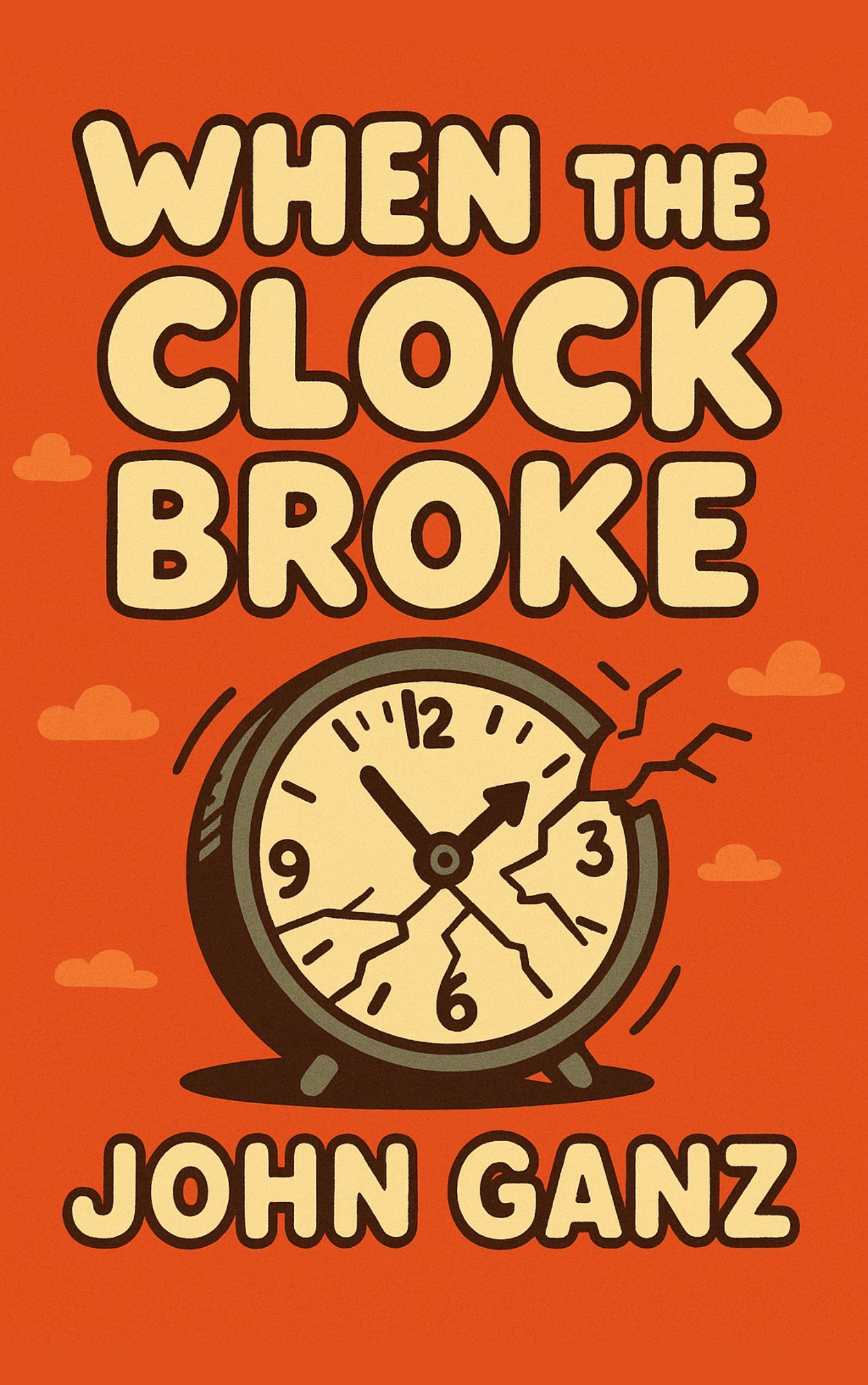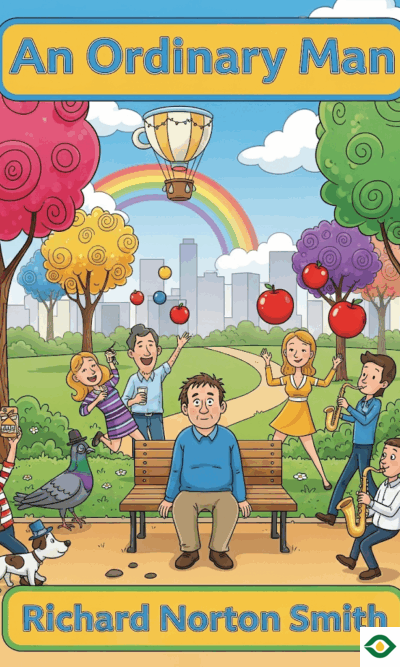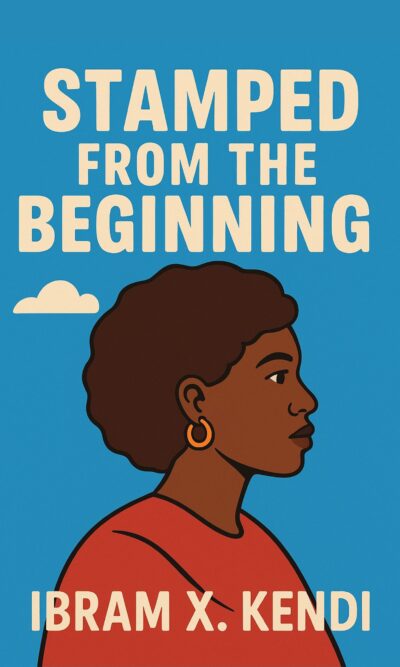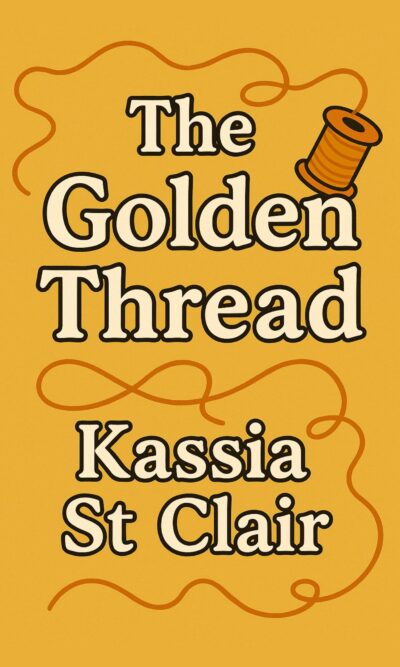Description
The early 1990s were a turning point in American politics. The country was facing deep economic struggles, unemployment was climbing, and people were losing trust in their leaders. President George H. W. Bush had once been very popular after the Gulf War, but by 1992, his approval ratings had collapsed. The economy was weak, ordinary families were frustrated, and a new kind of political energy was building. This energy was angry, distrustful, and ready to reject the old order.
One of the first signs of this shift came from Louisiana. David Duke, a former Ku Klux Klan leader, shocked the nation by winning a seat in the state legislature. Even though his background was filled with racism and extremism, Duke managed to attract many white voters who were angry about economic decline and changing demographics. When he ran for governor in 1991, he won most of the white vote, even though he lost overall. His rise showed that messages of resentment and exclusion had found a powerful audience.
At the same time, a group of intellectuals on the right began to argue that traditional conservative politics no longer worked. Writers like Samuel Francis claimed that the Republican Party needed to appeal to what he called “Middle American Radicals.” These were white, working- and lower-middle-class people who felt ignored by elites and threatened by social change. In his eyes, they were the true heart of America, and they could be the base of a new, more aggressive political movement.
Out of this mood came Pat Buchanan, a fiery challenger to President Bush in the 1992 Republican primaries. Buchanan was not weighed down by Duke’s racist reputation, but he tapped into similar feelings of anger. He spoke of “America First,” attacked elites, and promised to protect American jobs and values. His campaign was blunt, emotional, and combative. For many conservatives, Buchanan represented a clean break from the old, cautious style of Republican politics. He was Duke without the Klan robes, and his rise showed how discontent was reshaping the party.
Another voice shaping this era was Rush Limbaugh, the talk radio host. Limbaugh gave millions of listeners a way to vent their frustration and anger at the government, the media, and cultural change. His radio show made people feel they were not alone in their discontent. Talk radio became a key space where conservative ideas spread and hardened into a cultural force.
But the biggest shock to the election was Ross Perot, a Texas billionaire who ran as an independent. Perot was blunt, colorful, and unwilling to play by traditional political rules. He used television appearances to speak directly to the people, warning about debt, trade, and corruption. For a time, he actually led in the polls. His campaign mixed nostalgia for a simpler America with promises of discipline and sacrifice. Even though he dropped out and later rejoined, his outsider campaign showed how deeply Americans were yearning for something different.
Meanwhile, racial tension and inequality were boiling over. In 1991, the beating of Rodney King by Los Angeles police officers was caught on camera, shocking the nation. When the officers were acquitted in 1992, Los Angeles erupted in massive riots. The violence highlighted the deep racial divisions in the country and the failure of institutions to deliver justice. Politicians scrambled to respond. Buchanan called for harsh crackdowns, while others tried to use the moment to score cultural points, blaming music or single-parent households instead of addressing the real causes.
The cultural battles of the early 1990s only added more fuel to the fire. Conservatives attacked rap music, television shows, and liberal social trends as signs that America was losing its values. Bill Clinton, who would become the Democratic nominee, even distanced himself from radical voices in pop culture to show he was tough on crime and morality. This was the beginning of what people now call the “culture wars,” and they became a permanent feature of American politics.
In New York, the rise of Rudy Giuliani as a law-and-order figure also mirrored the hunger for strong, combative leaders. Giuliani, known for his loud and aggressive style, symbolized a shift away from softer, consensus-driven politics. He, like Buchanan and Perot, showed that voters were ready to embrace confrontational figures who promised to “take on” the establishment.
As the 1992 election reached its peak, Clinton’s campaign focused on one simple idea: the economy. His team repeated the phrase, “It’s the economy, stupid,” to keep the message clear. While Bush was weighed down by recession and scandals, and Perot faded due to his erratic behavior, Clinton built a coalition strong enough to win. He captured 43 percent of the vote, compared to Bush’s 37.5 percent and Perot’s nearly 19 percent—a remarkable number for a third-party candidate.
Yet even though Clinton won, the story of 1992 was not simply about him. The election showed that anger, populism, and cultural resentment were powerful political forces. Figures like Buchanan, Perot, and Duke proved that many Americans no longer trusted the old political establishment. They wanted outsiders, fighters, and even provocateurs.
Writers like Samuel Francis predicted that this mood could grow into a lasting movement. He argued that conservatives needed to create a counter-culture of their own, using hot-button issues like abortion, guns, and schools to rally people against liberal elites. He even studied strategies from extreme figures in history to show how a small but passionate movement could reshape a whole society.
In the years after 1992, these seeds would grow. The old Republican Party of George H. W. Bush and Ronald Reagan—focused on globalism, free trade, and cautious diplomacy—was giving way to a harder, angrier style. Populism, nationalism, and cultural conflict were no longer fringe ideas. They were becoming the new center of political energy.
Looking back, it is clear that the 1992 election was more than just a contest between Bush, Clinton, and Perot. It was the moment when American politics took a sharp turn. The country was no longer content with calm, establishment leadership. It wanted voices that spoke to fear, anger, and frustration. The clock of traditional politics was not just ticking—it was breaking.





